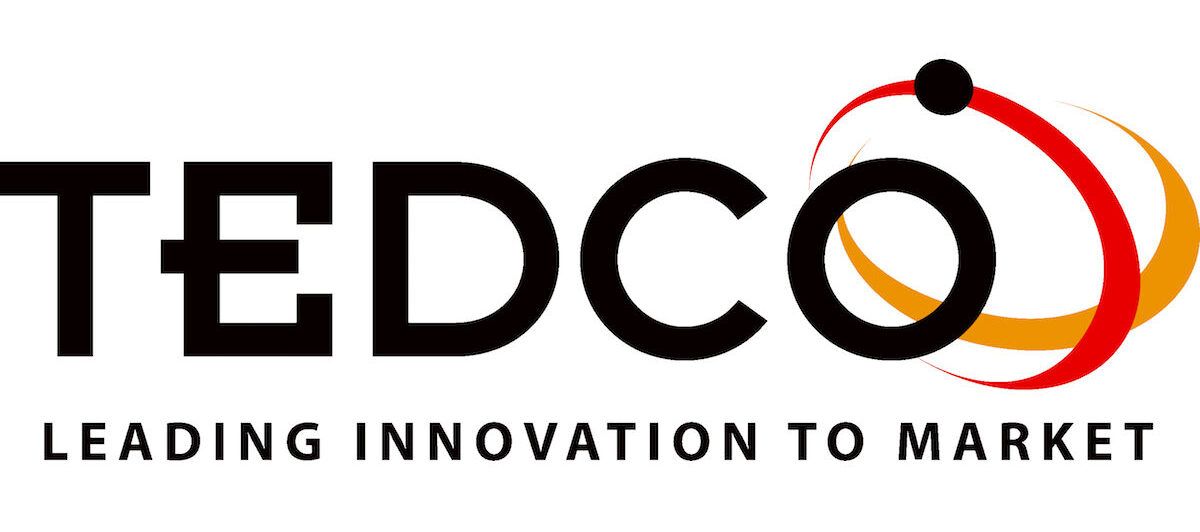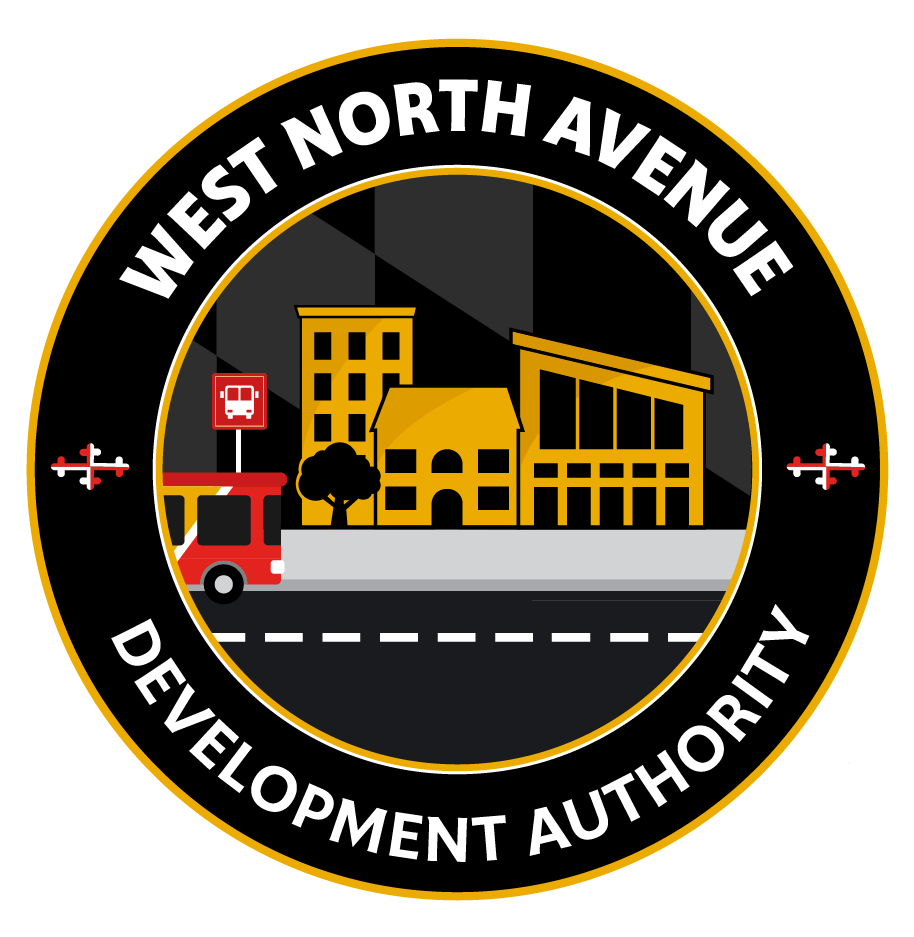County Launches Small Business Assistance Hub
Outreach efforts designed to boost startups
A new program to help support small businesses in Montgomery County is being rolled out at a regional services center and could be expanded throughout the county within a year.
The Business Connect program — which will offer free training, workshops and individual counseling sessions — was announced by County Executive Marc Elrich as part of his efforts to diversify economic development.
“We really want to change the atmosphere and environment in Montgomery County,” Elrich said at a news conference. “Montgomery County thrives on the little stuff, most jobs come out of the smaller entrepreneurs.”
About half of all startups fail within the first five years, according to the U.S. Small Business Administration Office of Advocacy. Roughly one-third of new businesses survive 10 years or longer. The SBA defines small businesses as independent companies with fewer than 500 employees.
More than 95% of businesses in Montgomery County have 50 or fewer employees, according to the county’s Business Portal, citing state research.
The first program will be based in Germantown’s regional service center and Elrich said the plan is to expand to the program to the service centers throughout the county by next year. Business Connect is managed by the Montgomery County Business Solutions Group, which falls under the county’s Business Portal.
Maryland Commerce Deputy Secretary Ben Wu said there will be a collaborative effort between the state and county to share information and best practices regarding the business climate.
“We’re turning a new corner in Montgomery County,” Wu said at a news conference last week during Small Business Week activities. “… What we are seeing is the beginning of a transformation here in Montgomery County of economic development and how it’s performed.”
Elrich has been promoting a “4Business: Benchmarking to Be the Best for Business” initiative, intended to engage the county business community. Elrich recently began 4Business efforts with County Council Vice President Sidney Katz, including six listening sessions around the county to gather feedback from residents.
The tour is designed to find and remove barriers faced by small business owners and entrepreneurs in the county that are abnormal compared to other jurisdictions, Elrich said.
Some changes will be made as they come up, such as cutting down on paperwork for government contracting. If there are regulatory or legal changes that need to be made, Elrich plans to introduce legislation.
For years, businesses have complained about the red tape and regulations imposed by the county.
“My goal is at the end of a year people instead of saying ‘you’re worse than everybody else,’ they’re saying ‘you’re no worse than everybody else,’” Elrich said.
Business Connect was one of several initiatives put in the spotlight during Small Business Week, a national event.
The Montgomery County Economic Development Corp., an independent nonprofit partnering with the county to promote economic growth, announced the launch of the Bio Lab Pilot.
The lab pilot is a reimbursement program funded in part by the Maryland Department of Commerce that will award grants to small-scale biotech companies having trouble paying for lab space. Companies that are new, expanding, or relocating and looking to lease up to 5,000 square feet can apply for the award.
The grant requires a one-to-one match, and only businesses with less than 20 employees are eligible. Funding is $10 per square foot up to $30,000.
The county’s Department of Liquor Control announced its own small business assistance plan, joining the Maryland Made initiative by instituting several practices to help local alcohol makers.
The DLC will increase signs at county retail liquor stores, provide marketing assistance to local companies and hired a new retail chief, Kent Massie, who will speak with business owners to figure out best practices, according to a news release.
The department also removed the minimum 66-case distribution level for local companies and added a local section to every county store, complete with Maryland Made signs.
“Supporting local alcohol manufacturers helps spur the local economy through job creation, attracting visitors and offering gathering places,” DLC Director Bob Dorfman said in a statement. “This ongoing program continues to benefit the county’s local economy.”



